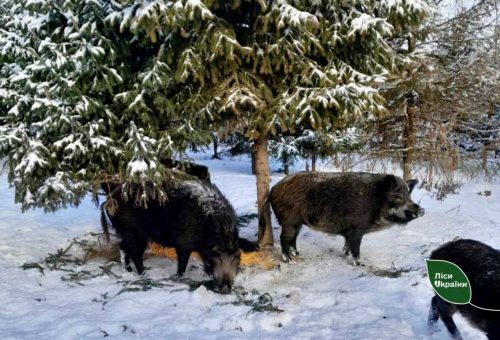In the Brazilian Amazon, about 100 dolphins died in Lake Tefe amid a historic drought and record high water temperature (39℃).
Activists are trying to save the surviving animals by moving them to the main stream of the river, where the water is cooler, reports CNN.
Such events are likely to heighten climate scientists' concerns about the impact of human activity and extreme droughts on the region, it said.
"It is still too early to determine the cause of this extreme phenomenon, but according to our experts, it is definitely related to the period of drought and the high temperature in Lake Tefe, where the temperature exceeds 39℃ in some places," – commented the Mamiraua Research Institute .
The article emphasized that rescuing dolphins causes certain difficulties due to the remoteness of the area. Additionally, animals must be tested for toxins and viruses before being released into the wild.
It is noted that the drought in the Amazon is also affecting the economy. Thus, in 59 municipalities of the state of Amazonas, the water level is below average, which hinders both transport and fishing activities on the river.
"Authorities expect an even more severe drought in the next few weeks, which could lead to further dolphin deaths," CNN Brasil said.
Earlier, EcoPolitic wrote, that in Zimbabwe, due to a large-scale drought against the background of climate change, elephants, buffaloes and a number of other animals began to migrate to neighboring Botswana.
As EcoPolitic previously reported, scientists studying Antarctica have found that ice-free areas will potentially increase by 17,000 km2 by 2100, which will lead to plant colonization.





